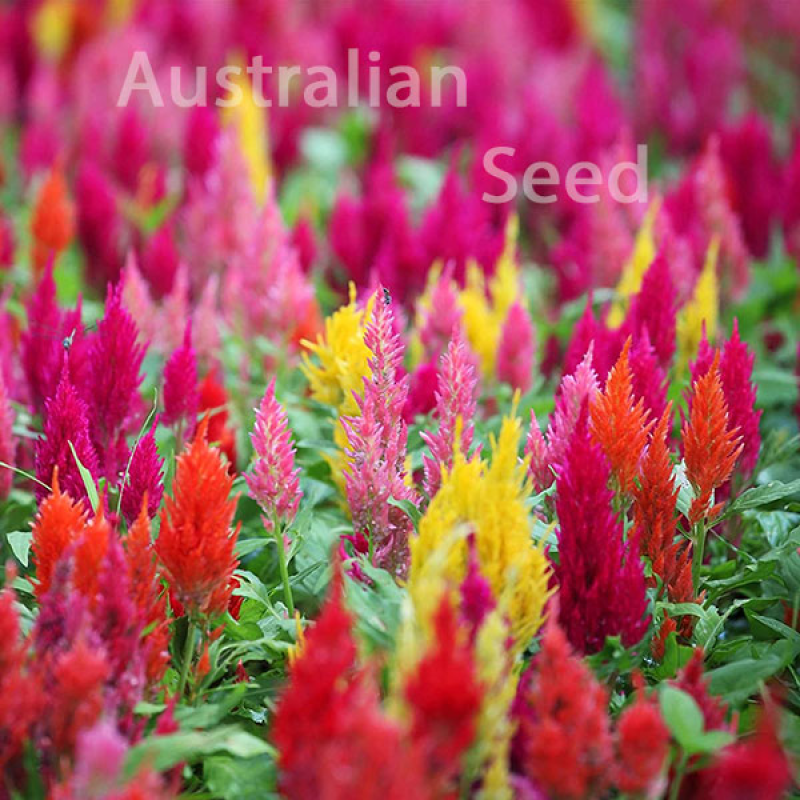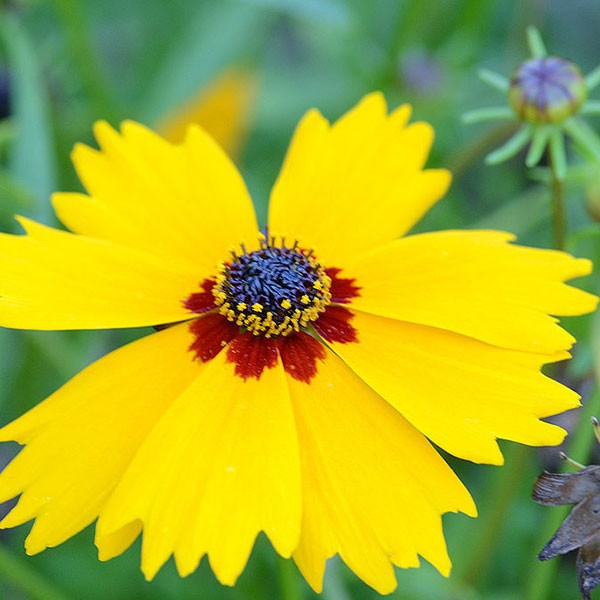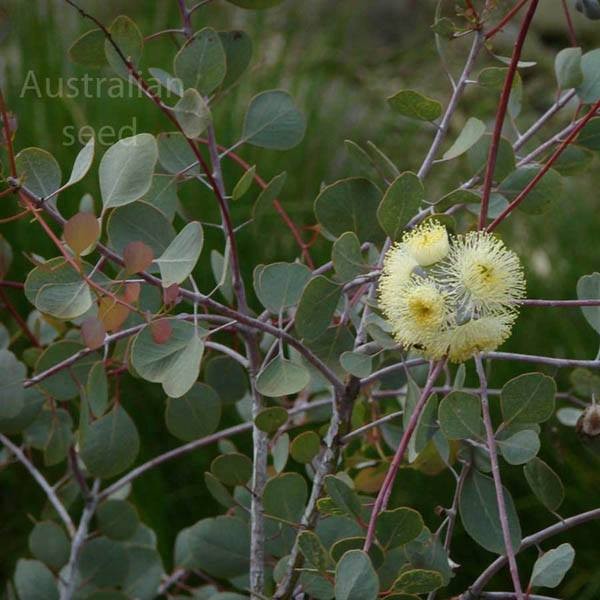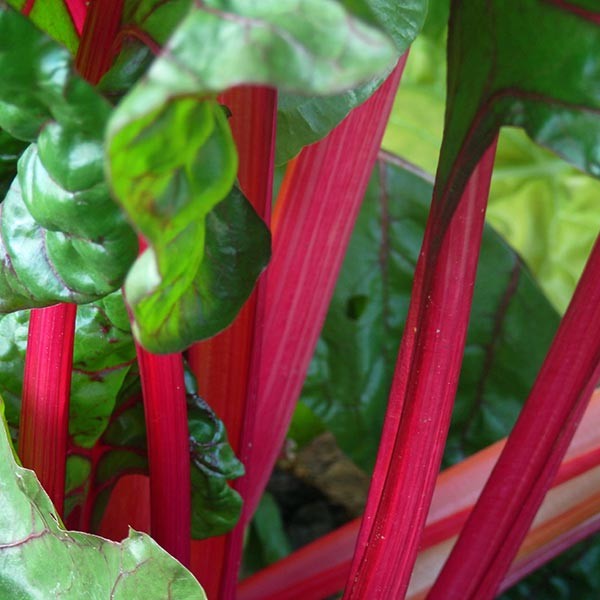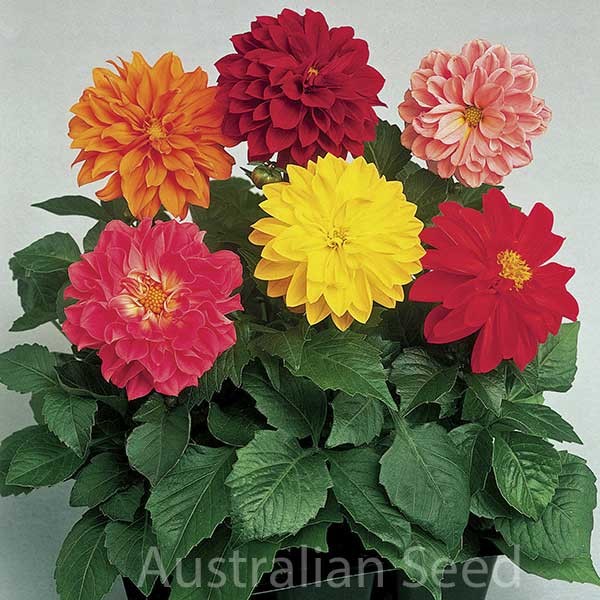We ship Internationally and Australia-wide | Phytosanitary Certificates are available for international orders.
Due to high order volumes, our handling time has been extended to 5-7 business days. We apologise for any inconvenience and appreciate your patience.
A dwarf variety of Celosia produces compact plants with attractive flowers in a bright mix of colours over a long season.
Ideal for the front of borders, garden beds, and mass planting. These dwarf plants are particularly well suited for growing in containers and small spaces.
Makes excellent cut flowers that are guaranteed to brighten up any floral vase display. Can also be used as dried flowers. To dry Celosia flowers, cut the stems and hang them upside down.
Grow notes:
Richer soils produce better blooms and are adaptable to most well-drained garden soils in a sunny position, drought, and frost-sensitive.
Tropical: Winter, Spring & Summer.
Temperate: Late Winter to Early Summer.
Cold: Spring Early Summer
Sow: 3mm deep.
Sow direct in warmer areas or grow in trays and transplant when large enough to handle, avoiding excessive root disturbance.
Germination: 10-14 days.
Plant space: 20cm
Flowering: 12 weeks
Feed with a soluble fertiliser every two weeks for more robust plants.
We now stock a range of Propagation Accessories including the popular Aquamiser Propagation Kits, Pots, Native and Forestry Tubes, Trays, Labels and more.
We can only ship these items to Australian locations, international customers please request shipping quotation prior to purchasing.
If you are uncertain about the requirements for importing seeds into your country, do not hesitate to contact our Export Manager at Australian Seed.
Being a registered Export Establishment, we have an officer who can help you obtain Phytosanitary certificates if needed.
It is important to note that the buyer is responsible for clearing the goods through customs and paying all associated charges, including import fees and taxes. Please note that we cannot accept returns due to Australian quarantine restrictions.
You can find the complete International terms and conditions by clicking on this link
At Australian Seed, we take pride in our extensive network of trusted suppliers and collectors who work with us to provide you with an unmatched selection of top-quality products.
Whether you are searching for a specific item or need to make a bulk purchase, our team is here to help. Our dedicated customer service representatives can guide you through our vast inventory and assist you in finding exactly what you need.
We are committed to providing our customers with the highest level of service and support.
Please don't hesitate to contact us If you require any assistance. Please don't hesitate to contact us at Australian Seed

